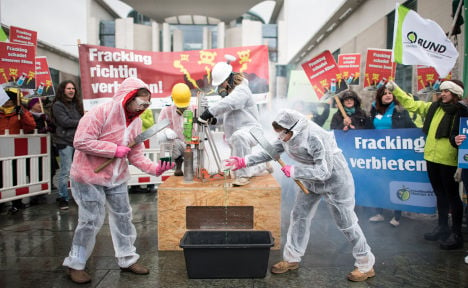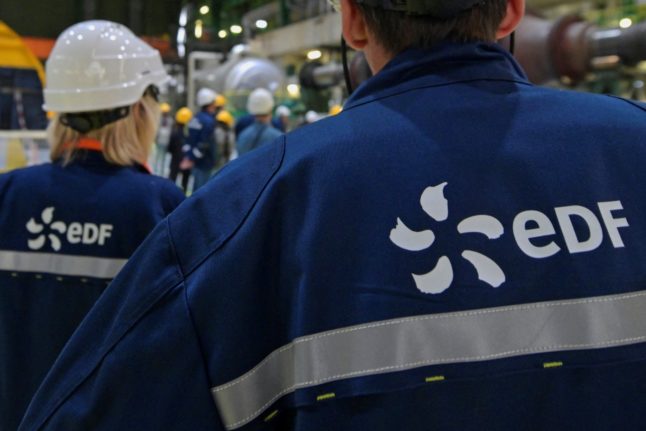Under the law, proposed by the environment and industry ministries, fracking would be forbidden in environmentally sensitive areas, such as regions where drinking water is sourced. But it would not rule out commercial fracking at a later date.
Up until now no law has been passed on fracking in Germany. A proposed bill collapsed in 2013 after members of the Christian Democratic and Social Unions (CDU/CSU) objected to the lack of proper protection of water sources.
This proposal is also facing stiff resistance from inside the governing coalition as well as from the opposition Greens and Linke (Left) parties.
Several dozen CDU/CSU MPs are threatening to vote against it in parliament.
“In its current form the draft law is not something that many of my colleagues could vote for,” said CDU MP Andreas Mattfeld, who claimed that there are around 100 MPs in his faction who oppose the bill.
“We can't image that in Germany comprehensive testing will take place. We consider a limitation to make sense which takes geological conditions into consideration.”
In the Social Democratic Party (SPD) opposition centres on a planned commission which would give the green light for fracking projects once the testing phase is complete.
“I believe that the Bundestag should have the final say on this,” said SPD MP Frank Schwabe, adding that the planned commission was a concession to the gas firms.
The opposition Green Party have accused the government of preparing the way for fracking on a large scale.
“Germany needs a fracking ban," said party leader Anton Hofreiter. “On this day 15 years ago the renewable energy law was first proposed. To agree to fracking today demonstrates a regression in energy policy.”
Defending the draft law, Environment Minister Barbara Hendricks (SPD) told the Rheinische Post: “We are implementing strong controls, where previously no rules existed."
She said that she wanted to limit fracking to the extent that “no danger to people or the environment could continue to exist.”
Fracking is a process of injecting liquid into subterranean rock at a high pressure in order to create fissures from which unconventional energy sources such as shale gas can be extracted.
The process was pioneered in the USA where its implementation has led to decreases in global energy prices.



 Please whitelist us to continue reading.
Please whitelist us to continue reading.
Member comments